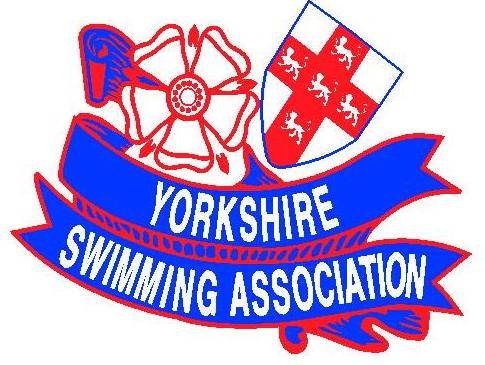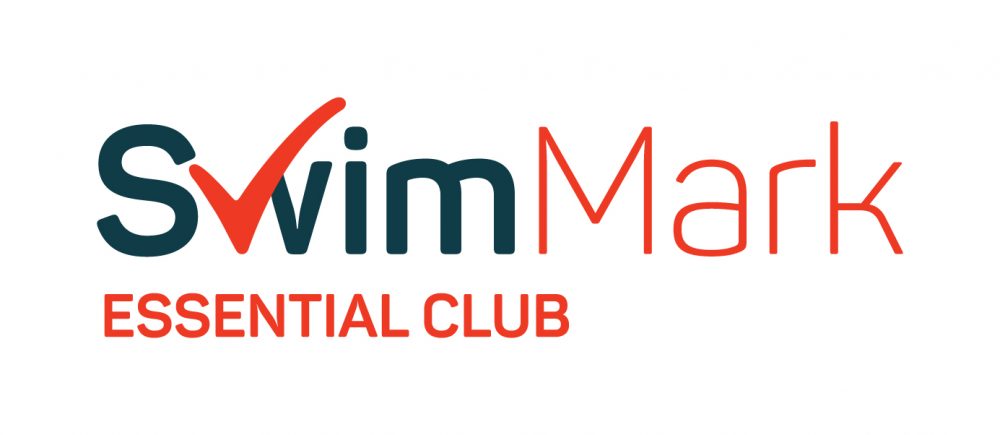
This guide has been produced in order to help you understand the dietary needs of our children, and young swimmers. It is not intended to replace the good practices that a lot of you are already doing, but for us to bring together our ideas to help our children. Good nutrition is a life long commitment to healthy eating, which started when our children were being weaned as babies.
Bread, other Cereals and Potatoes – 5 portions a day
Base most of your meals on these starchy foods. Use wholemeal or wholegrain versions as much as possible and avoid adding lots of fat. These foods give us carbohydrates for energy, fibre, protein and some vitamins and minerals.
Fruit and Vegetables 5 portions a day
Fresh, frozen, juiced, tinned or dried fruit and vegetables are particularly good sources of vitamins, minerals and fibre. 200 ml carton of Fruit Juice is also counted as one portion of fruit.
High Protein Foods 2-3 portions a day
Include a variety of pulses (for example beans, lentils, peas and chick peas), nuts, seeds, eggs, soya, mycoprotein (Quorn) or wheat proteins to give you plenty of protein, minerals and vitamins
Milk and Dairy Products 2-3 portions a day
Good sources of calcium, protein and some vitamins. If you are avoiding dairy foods, choose fortified soya, rice or oat drinks or make sure that you eat other foods that are high in calcium.
Fatty and Sugary Foods 0-3 portions a day
Although we need to eat some fat, we all need to eat these foods sparingly and try low fat alternatives.
HEALTHY DIETS AND SWIMMING
All children use up a lot of energy during their normal daily routine. It is important that children eat the minimum of the required amounts from each of the food groups, and in particular, with any child doing lots of physical activity, that they increase their intake of foods high in carbohydrates (starchy foods).
In an ideal world, children should have a meal or snack high in carbohydrates at least one hour before swimming. All meals should be accompanied by a drink, preferably water. During their training, your child must have enough drinks with them to last their session, a minimum of 500ml of water or diluted squash. After swimming, your child will be hungry, so a healthy snack (such as a banana, or a cereal bar) should always be in their swimming bag.
GALA DAYS
We all know that these can be very long days, so it is essential that your child has enough food and drink with them, and also always allow for delays in the running of the gala. At break times, your child will need to eat a good meal, so make them sit down to have their lunch.
BREAKFAST
It is important that your child has a sensible breakfast on the morning of the gala, if there is time. Some good suggestions are:
– breakfast cereals – fortified with vitamins and minerals, and served with semi-skimmed milk.
– bread and bread products – muffins, crumpets, pancakes with honey.
– cooked breakfast, with lean bacon, eggs, tomatoes, mushrooms and hash browns (all oven baked).
Drinks – this can be milk, fruit juice, or water.
Fresh fruit – bananas are very good source of energy, and again can be eaten en route.
LUNCH
It is better that you provide a packed lunch for your child. The following are some ideas for lunch time:
– filled rolls/sandwiches/pitta breads/bagels with a protein base – try and use wholemeal varieties if possible.
– pasta/rice/couscous salads with a protein base, and vegetables mixed through it. Add low fat salad dressing or mayonnaise, if required.
– chicken pieces.
– salad or crunchy crudités – add dips for extra flavour.
– fruit – this can be fresh, tinned, dried, fruit smoothies, or juice.
– dairy products – yoghurts, probiotic drinks, piece of cheese.
– drinks.
SNACKS
Probably the most important items that they will need during the day. Snacks should be healthy, and easy to eat on poolside. There is a large selection of snacks available in supermarkets. A few good ones to try are (but no sweets!):
– cereal bars, oatcakes, fruit/malt loaf, muffins, pancakes, teacakes, spiced buns.
– fruit – this can be as before.
FAST FOOD AND HEALTHY DIET
Fast foods are the foods which can be prepared and served very rapidly. Characteristically, fast food is referred as food that is sold in a restaurant or store with preheated or precooked ingredients, and served to the consumer in a form of package for take-out/take-away. Nowadays, fast food consumption has increased dramatically. Fast food statistics suggest that fast food is not good for your health when eaten more than once a week. Also fast food is one of the main reasons for the rapid increase in the rate of overweight and obesity also among kids. Fast food contains high amounts of highly sophisticated carbohydrates, saturated fats, sugars and sodium and also they are devoid of all the vital nutrients which play significant roles in the metabolism. The sugar level in the blood is increased by high levels of carbohydrates and this results in a higher production of insulin. The amounts of fat depositions are raised by high levels of insulin and leads to obesity and an overweight child.
SWEETS
Sweets are the second most dangerous element of modern diets. There is no benefit from eating sweets. Simply banning sugary foods and drinks and encouraging kids to replace junk with healthy, fibre-rich foods, decreases the risk of a child being overweight or obese.
Nowadays kids consume so much sugar (sweets, soda etc) that their calorie intake is too great to be used for metabolism needs, and this excess of calories is stored as fat. This leads to a situation where every generation eats more and more sweets and modern society becomes more unhealthy and overweight. An excessive calorie intake from sweets can not be compensated for, even with regular sport training.
FINALLY
Help your child to understand the principles of healthy eating.
Make sure that your child drinks enough fluids every day.
Avoid any Fast Food and eat at home
At least limit sweet consumption by your child



